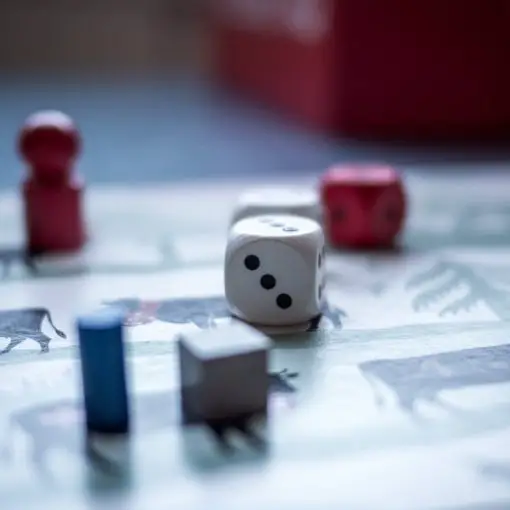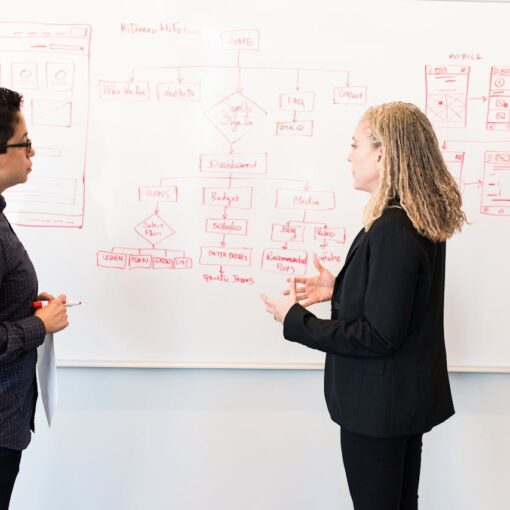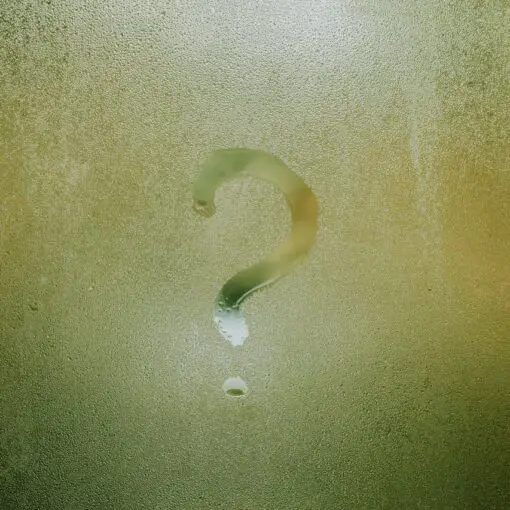No one’s too old to learn critical thinking. No one’s too smart to disregard it as well.
A school is still the ideal place to master such skill. Now that you’re not under the guidance of a teacher, you have to find ways to hone that skill yourself. Below are 11 ways you can try to train yourself. Be sure to keep an open mind.
1. Know the different kinds of fallacies.
A fallacy is an illogical argument based on faulty reasoning. Hasty generalization, false analogy, and false dilemma are among its many kinds.
Learning about the different kinds will help you spot flaws in your own reasoning and in others’. To help you understand each fallacy, try to give examples you can find in ads, in clickbait articles, and from your own experiences. For instance, an ad shows a toothpaste brand is the best because it’s recommended by doctors, not because of what it does.
2. Visualize arguments.
If you’re going to make a proposition, don’t just prepare on presenting the advantages. Study the possible disadvantages, too. Think of how you will counter them and how you can modify your proposition to make it more ideal.
You can also apply this trick on controversial issues right now. Regardless of your personal stand, imagine yourself arguing alternately as a proponent and as an opponent. You’ll likely end up making compromises.
3. Discover the processes behind outcomes.
Many inventions simplify tasks. It’s an advantage if you’re aiming to save time. However, too much dependence causes you to miss the chance of applying critical thinking.
Finding the research methods behind claims is one of the best ways to apply tip no. 3. This way, you won’t fall into the trap of believing everything that’s being shoved down to your throat.
4. Consider different points of view.
Your experiences partly shape the way you think. Don’t expect others to view things the way you do. They also have their fair share of experiences that you have no idea about.
Putting yourself in others’ shoes doesn’t just train you to be more empathetic. It also prompts you to consider other possibilities.
5. Be mindful of the way you think.
Sometimes, you automatically make judgments because of your own prejudices. It’s normal, but not correcting them as soon as possible may cost you a lot in the long run.
Think of how you’ve been missing on quality service just because you don’t like the owner. Or how you’ve been overlooking better job opportunities just because you’re afraid of the risks. Or how you’ve been wasting money on awful films just because they feature your favorite actors.
To identify flaws in your reasoning, determine your worries and dislikes. Next, evaluate how those things affect your decisions. Make a list of advantages out of using those as bases, if there are. Lastly, enumerate the benefits you missed on because you put much weight on the things you don’t like.
6. Make mind maps.
Mind maps help you learn critical thinking by helping you find and establish links between concepts. To start the habit of mind mapping, write down what’s been bothering you lately. Then, jot down the aspects of your life that it already affected and still affects. Relate them to each other accordingly.
Establishing the relationship between characters in your favorite TV show or film is another fun way of using mind maps. You can also apply this step on a venture you’ve been wanting to try. With the venture written on the middle of a sheet of paper, write down pros, cons, risks, requirements, and resources. Then, provide further details to the said aspects, and link them correspondingly.
7. Read and analyze classics.
Start from poems and short stories. It will be better if you write your summaries and interpretations.
One trick to writing summaries is to answer the five Ws and one H questions. Who’s narrating the story? Where and when did the story happen? What happened?
Don’t forget to end your entries with a reflection. Identify the lessons and how you can apply them in your own life.
8. Interpret works of art and express yourself in artistic ways.
Some works of art stand out because of the quality of the workmanship. Others are valued partly because of the ideas and feelings they provoke.
Analyzing and interpreting a piece of art are easier said than done. You have to know the meaning behind each color. You need to look closely at each detail and see the whole picture. You have to learn things about the life of the artist and about the times when the art was made.
In addition to interpretation, express yourself through a form of art. It could be singing, dancing, painting or writing.
9. Get involved in meaningful conversations.
There could be times when you’re unable to spot flaws in your own arguments. Talking it out could help you discover such. Knowing them will help you correct your errors sooner.
10. Play games for your brain.
Sudoku, chess, crossword puzzles, and jigsaw puzzles are just some of the games you can play to improve your critical thinking skills. To do so, the said games prompt you to plan and use your short-term memory. As for crosswords, even your long-term memory is being tested.
11. Answer your what-if questions.
Turn your regrets into a source of exercises that will help you think critically. Consider the consequences behind the choices you could have taken instead. Are the consequences more bearable than the ones you had to live with?
This can also be practiced when you’re playing chess. Think of how one move can affect the set of moves you and your opponent can make afterwards.
It’s ideal to apply this in real-life situations as well. What if you have to move elsewhere? Make a mental list of possible scenarios, and how you can overcome each one of them.
Aside from the abovementioned steps, you can further hone such skill by resolving your real-life problems. Think of how you can improve yourself, your career, your relationships, and your life.
More importantly, act. Otherwise, what’s the whole point of trying to learn critical thinking?





